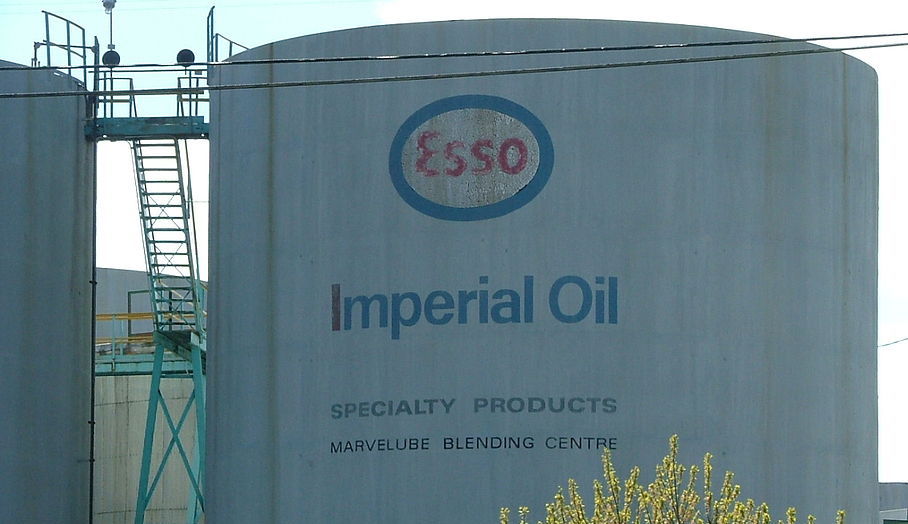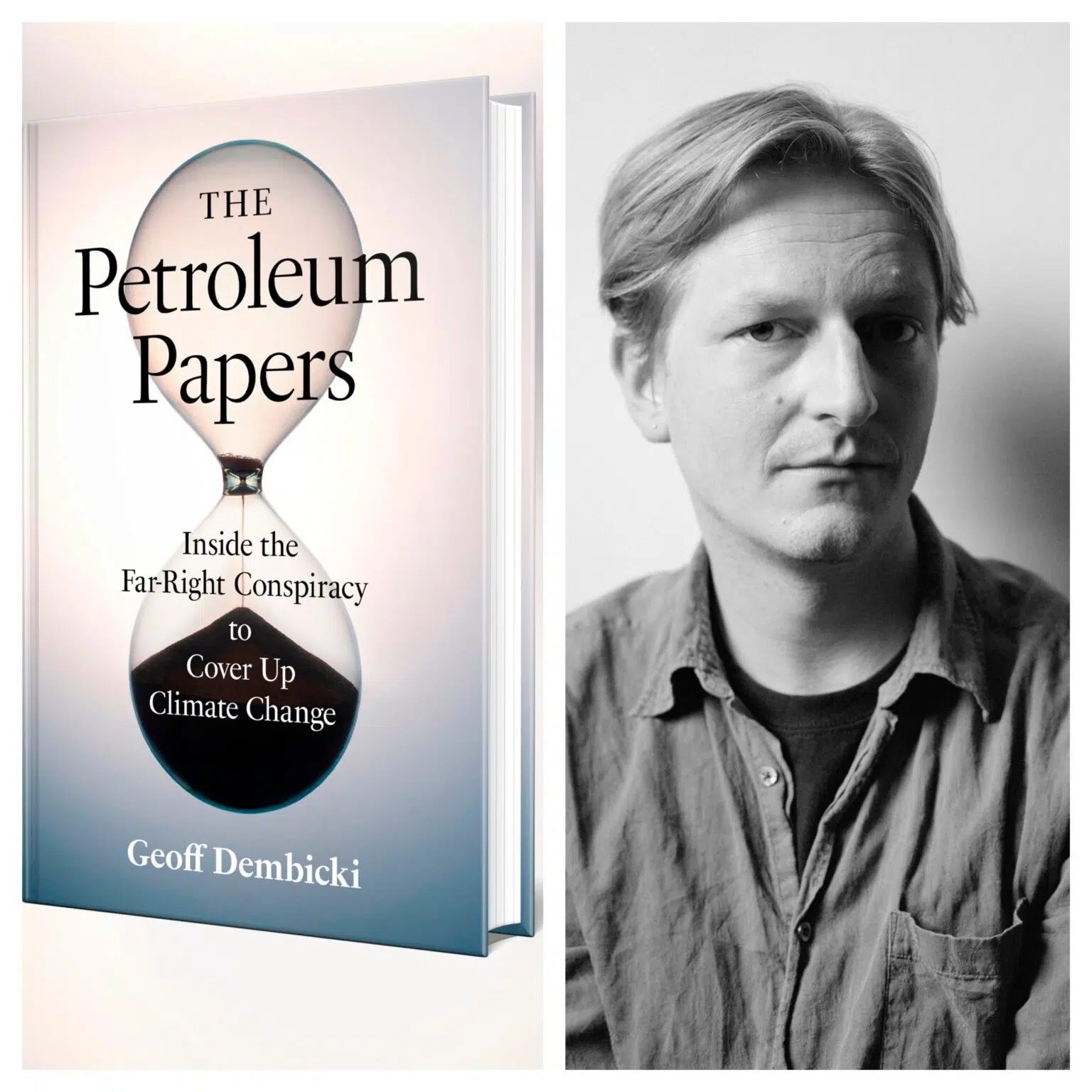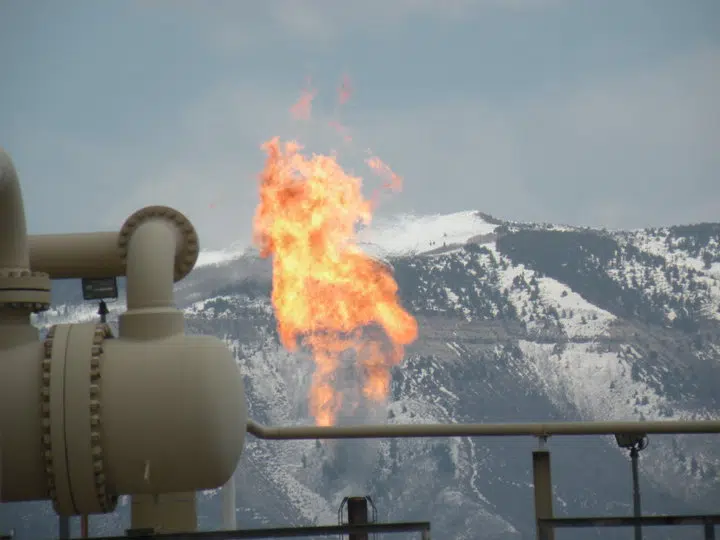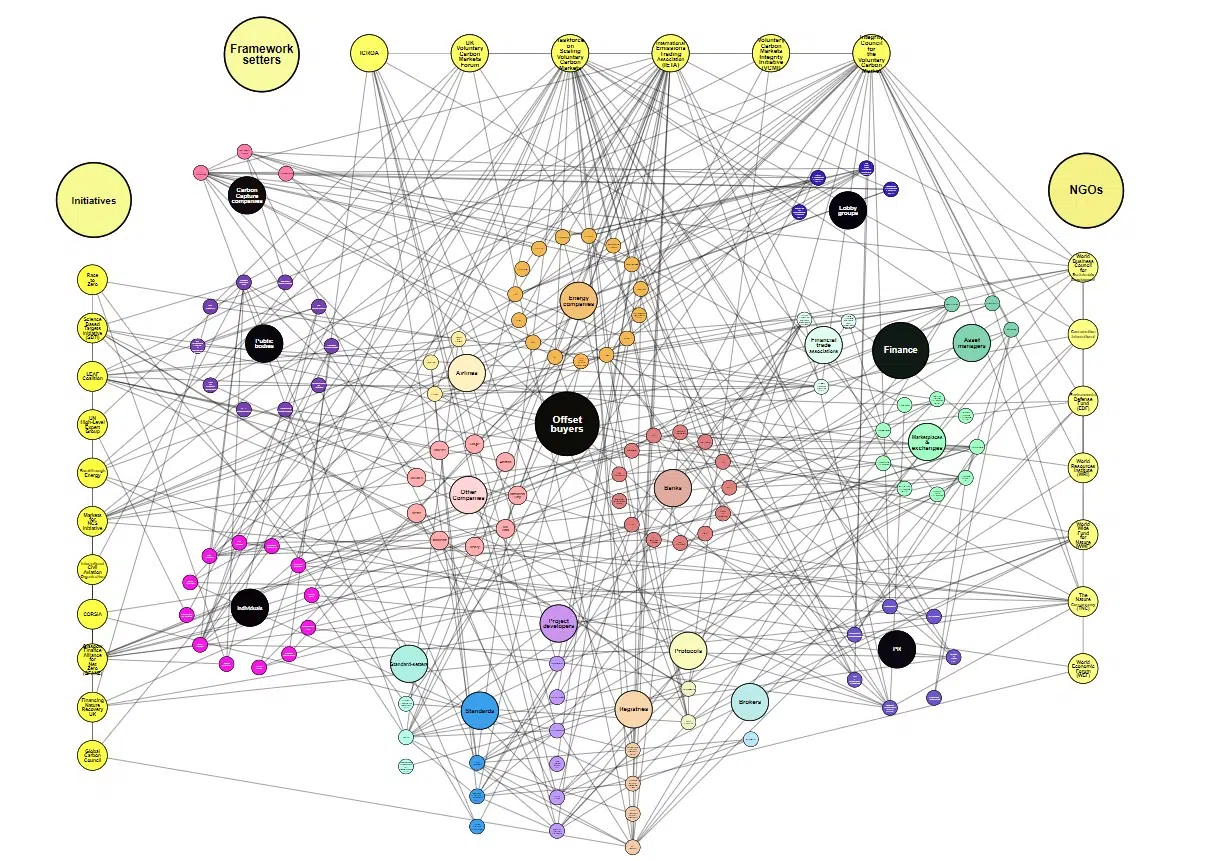
Message From the Editor
Imperial Oil might not be a household name in the United States, but the company, which is mostly owned by ExxonMobil, is a big name in Canada and a major player in the Alberta tar sands, or oil sands. And what starts in Canada has not stayed in Canada.
Internal company documents demonstrate not only that Imperial Oil knew about climate change by the late 1970s but also that it studied climate solutions — so that it could try to shut them down. Geoff Dembicki dove into some of these documents from the 1990s and revealed that Exxon’s Canadian arm developed a communications plan to make climate solutions like carbon taxes look economically reckless. Get the full story.
In fact, Geoff dove so far into these Imperial Oil documents that he wrote an entire book about how the company and other industry players, like Koch Industries, profited from Canada’s oil sands and then spun those profits into international networks of climate denial that would help extend the oil sands’ lifetime. Those denial networks continue exerting their influence in the U.S. and beyond even now. Read a Q&A with Geoff about his new book, The Petroleum Papers: Inside the Far-Right Conspiracy to Cover Up Climate Change.
Have a story tip or feedback? Get in touch: [email protected]. New UK prime minister Liz Truss is assembling her cabinet and our UK team is examining the green credentials of each and every cabinet minister. Stay on top of developments with our UK newsletter.
Thanks,
Brendan DeMelle
Executive Director
P.S. DeSmog has been investigating webs of climate denial and delay for over 15 years. Can you donate $10 or $20 right now to support our climate accountability reporting and research?
Image credit: TheKurgan, CC BY–SA 3.0
Exxon Could Have Helped Stop Climate Change 30 Years Ago, ‘Proprietary’ Docs Show
— By Geoff Dembicki (4 min. read) —
Exxon figured out a solution that could have helped achieve “stabilization” of the climate emergency back in the early 1990s, and then came up with a communication strategy to make sure that solution wouldn’t happen.
That’s according to a newly reviewed 1993 document labeled “proprietary” that was written by the company’s Canadian subsidiary Imperial Oil, one of the top producers in a heavily polluting oil deposit known as the Alberta tar sands.
How Canada’s Oil Sands ‘Bankrolled the Assault on Truth’
— By Lindsey J. Smith (9 min. read) —
A new book reveals how Imperial Oil, ExxonMobil, Koch Industries, and others used Canada’s oil sands to spawn a web of climate denial and delay. Read a Q&A with reporter and author Geoff Dembicki about how these industry players profited from Canada’s oil sands and then spun those profits into international networks of climate denial that would help extend the oil sands’ lifetime.
A Global Database on Fossil Fuel Projects Goes Live
— By Nick Cunningham (3 min. read) —
A new database cataloging the world’s oil and gas reserves reveals extensive data on the global fossil fuel industry for the first time.
The Global Registry of Fossil Fuels, launched by Carbon Tracker and Global Energy Monitor, is the first public and free-to-use database of fossil fuel production, reserves, and emissions. The registry contains more than 50,000 fields across 89 countries, and it covers 75 percent of global production. The database is not only a high-level look at figures for a whole country, but it also includes data that drills down to the individual project level.
Italy’s Lurch to the Right Raises Risk of Fossil Gas Lock-In
— By Stella Levantesi (7 min. read) —
Italy’s gas lobby should be entering early retirement. Instead, it’s rarely been riding so high.
The energy crisis triggered by Russia’s invasion of Ukraine, and the prospect that far-right politician Giorgia Meloni will win snap elections on Sunday, have all but eclipsed growing calls from a younger generation for a rapid phase-out of fossil fuels.
In fact, Italy seems to be moving in the opposite direction. An emergency decision to approve two new gas import terminals, and the virtual absence of discussion of climate policy on the campaign trail, have raised the risk that energy companies will leave Italy hooked on planet-warming fossil gas for decades to come, campaigners say.
Renewed Tensions Hit Drive to Reform Opaque Trade in Carbon Offsets
— By Phoebe Cooke and Michaela Herrmann (3 min. read) —
The world’s largest certifier of carbon offsets has criticised an initiative to improve governance in the notoriously opaque sector, saying draft reforms are so stringent they would choke off investment to combat climate change.
Verra, which runs a carbon crediting standard used by hundreds of companies to offset their carbon dioxide emissions, said the Integrity Council for the Voluntary Carbon Market (IC-VCM), a new governance body, needed a “course correction” to deliver workable proposals.
From the Climate Disinformation Database: Koch Industries, Inc.
Koch Industries, Inc. is the largest privately owned company in the United States. As of 2020, it had 120,000 employees and sales of $115 billion. The company began in the 1920s when, according to company lore, Fred C. Koch developed a better way to convert or “crack” heavy oil into gasoline. Today, Koch Industries owns companies in oil and gas, fertilizers, commodity and financial trading, forest and consumer products, fibers and polymers, and ranching. Its leaders have long been closely involved in rightwing groups, ranging from
the John Birch Society to the Cato Institute to Americans for Prosperity. Grist magazine reports that Charles Koch, Chairman and CEO, “has been see-sawing over climate change for years,” and while the company itself has no official stance on global warming, many of the organizations Koch supports have definitive stances on global warming. According to Greenpeace, the Koch Brothers have sent at least $100,343,292 to 84 groups denying climate change science since 1997. Their report notes that in more recent years, Koch funding has been funneled through secretive funding groups like Donors Trust and Donors Capital Fund.
Read the full profile and browse other individuals and organizations in our Climate Disinformation Database and Koch Network Database.







